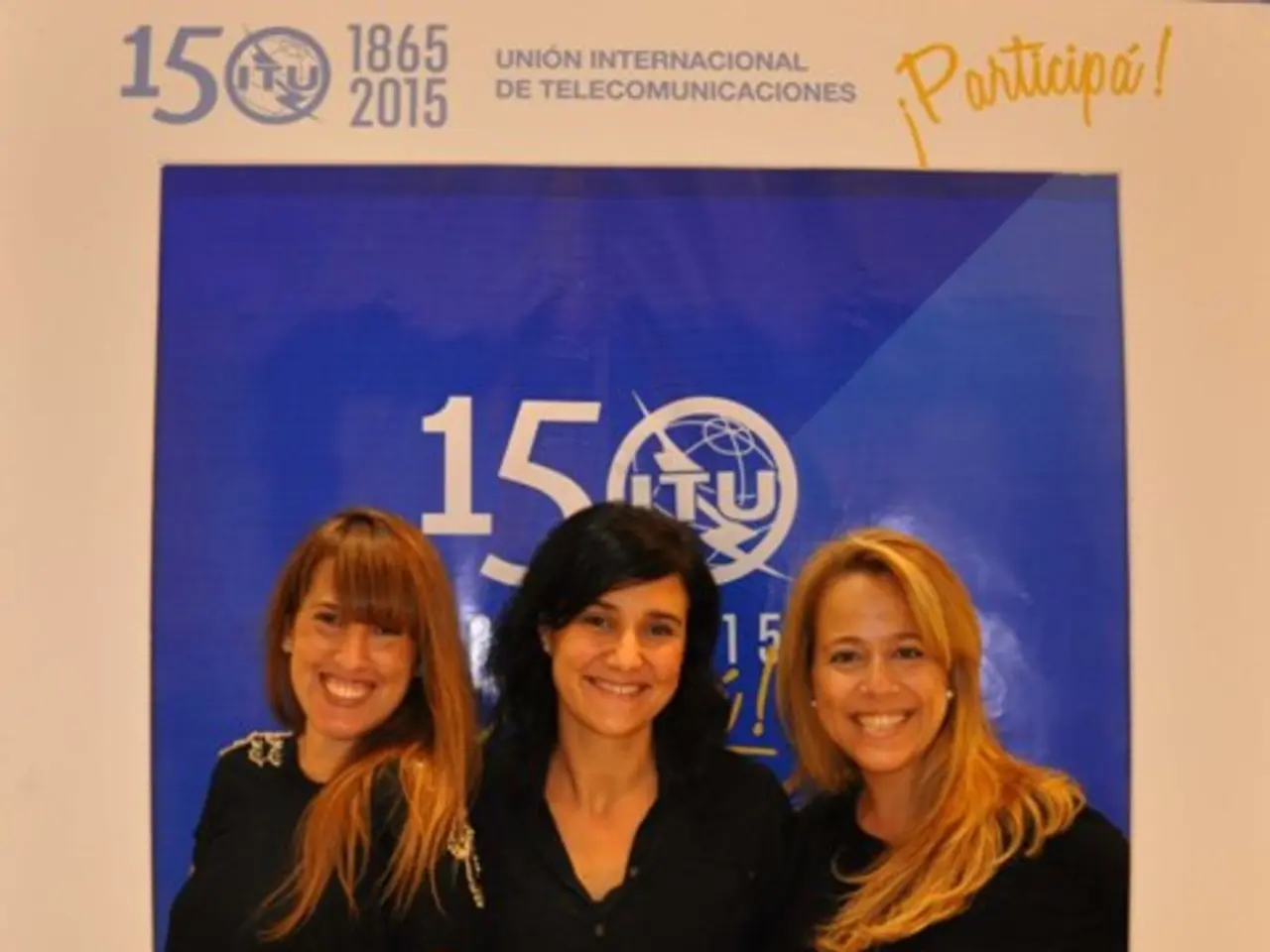Title Rollback of DEI: Five Contradictory Facts Backing Its Fallacy
In the current business landscape, diversity, equity, and inclusion (DEI) remains a strategic imperative for many corporations. Despite recent controversies and proposed policies that aim to dismantle DEI offices and initiatives, the majority of companies remain committed to these efforts.
According to a federal policy agenda and blueprint authored by former Trump administration officials and The Heritage Foundation, known as Project 2025, DEI offices and personnel should be abolished, government participation in DEI initiatives ended, and laws amended to align with a conservative vision of nondiscrimination. However, shareholders have overwhelmingly rejected these proposals, typically by a margin of 98% to 99% of voting shares.
Nancy Levine Stearns, founder of Impactivize, a nonprofit journalism project, finds that the majority of corporations remain steadfastly committed to DEI. Stearns maintains that the business case for diversity and inclusion is a powerful and objective force, stating, "It's not political, it's not ideological. It's not personal, it's just business."
Impactivize's research focuses on companies' commitments to DEI over time. Stearns argues that while the media often presents DEI as "dead", the data shows that it is very much alive and supported by both corporations and consumers. In 2025, 30 anti-DEI proposals were put forth for shareholder voting at various corporations, yet the majority were rejected.
Some companies are changing the language they use to describe their DEI initiatives, using terms like "belonging and inclusion" or "culture and engagement". Adversarial groups, such as the Heritage Foundation, are aware of this change in terminology and still view these efforts as DEI. Only two of these companies have completely removed their DEI statements.
Consumers, particularly younger generations, are supporting companies with strong DEI commitments, providing a "strength in numbers" for corporations. Rob Davis, the CEO of Merck, called diversity and inclusion a strategic imperative. Companies like Infineon Technologies and Takeda are expected to continue their DEI initiatives in the future, evolving strategies that emphasize appreciation of diverse ideas, cultures, and identities, such as supporting LGBTQIA+ inclusion and equal opportunity employment. These efforts align with attracting top talent and complying with regional legal requirements.
Government collaboration on digitalization and AI ethics suggests that companies will further adapt DEI strategies in response to emerging regulatory frameworks and societal expectations. Practitioners will continue to pivot, tying DEI to the business, embedding DEI into their cultures, and shifting language to protect its survival.
Approximately 400 companies, including publicly traded, private, and large nonprofit organizations, have made public commitments to DEI. The current administration may continue to target DEI programs, forcing practitioners to stay vigilant and creative about their approaches to DEI. However, the resilience of DEI initiatives in corporate America remains undeterred.
Read also:
- Trade Disputes Escalate: Trump Imposes Tariffs, India Retaliates; threatened boycott ranges from McDonald's, Coca-Cola to iPhones
- Aquatech purchases Koch's Direct Lithium Extraction business, merging Li-ProTM DLE technology into the PEARLTM Technology Platform.
- Nepal's Journey: Evolution from Street Life to Political Power
- Li Auto faces scrutiny after crash test involving i8 model and a truck manufacturer sparks controversy




